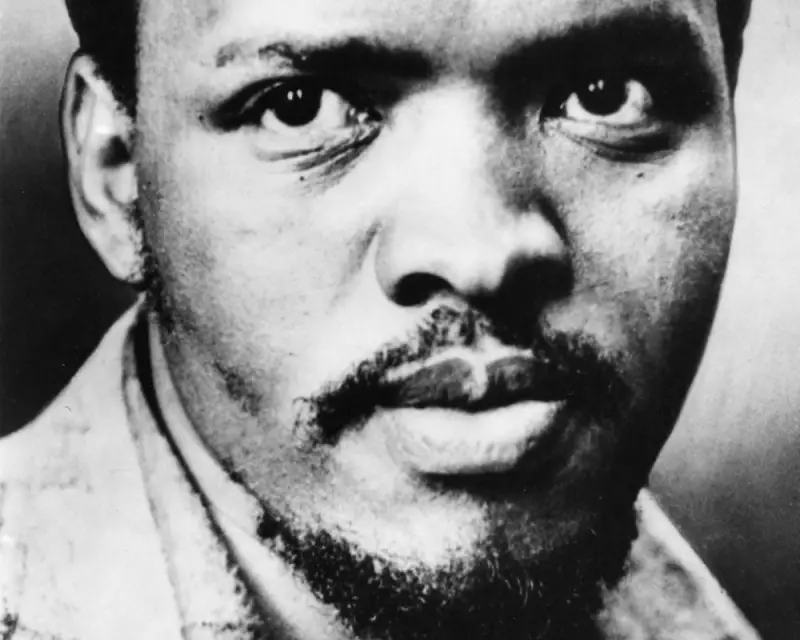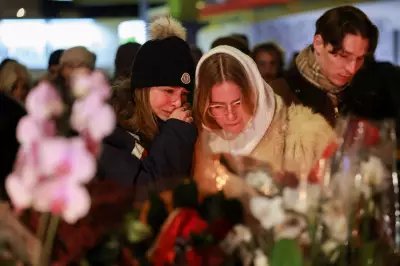
In a landmark decision that reopens one of apartheid's most painful chapters, South Africa's National Prosecuting Authority (NPA) has announced a new inquest into the death of iconic anti-apartheid activist Steve Biko.
The move comes 48 years after Biko died in police custody on 12 September 1977, a death that shocked the world and cemented his status as a martyr for the freedom struggle.
A Death That Shook the Nation
Steve Biko, the founder of the Black Consciousness Movement, was just 30 years old when he was arrested at a police roadblock. He was taken into custody in Port Elizabeth, where he endured severe torture and beatings.
Official inquest findings at the time concluded that no one was responsible for his death, claiming he had succumbed to injuries sustained during a 'scuffle' with security police. This narrative was widely discredited, both domestically and internationally.
The Long Road to Reopening
The decision to reopen the case follows years of campaigning by the Biko family, human rights organisations, and the South African Coalition for Transitional Justice. Their persistent calls for accountability have finally been answered.
NPA spokesperson Luxolo Tyali stated the inquest aims to "ascertain the true cause of death and identify any persons who may be responsible for Mr Biko's killing." This represents a significant shift from the original, widely condemned inquest that absolved the apartheid state of any blame.
Why Now? New Evidence and a Renewed Mandate
The NPA has indicated that new evidence has come to light, prompting the review. Furthermore, there is a renewed focus on addressing the atrocities of the apartheid era, many of which remain unresolved.
This new inquest is seen as a critical test of South Africa's commitment to delivering long-overdue justice for crimes committed during a dark period of its history.
A Symbolic Quest for Closure
For the Biko family and many South Africans, this is more than a legal procedure. It is a profound quest for truth and closure. Nkosinathi Biko, Steve Biko's son, has expressed cautious hope, viewing it as a crucial step toward healing the nation's wounds.
The reopening of the Steve Biko inquest sends a powerful message: that the pursuit of justice has no expiry date, and the quest for truth can endure for generations.





